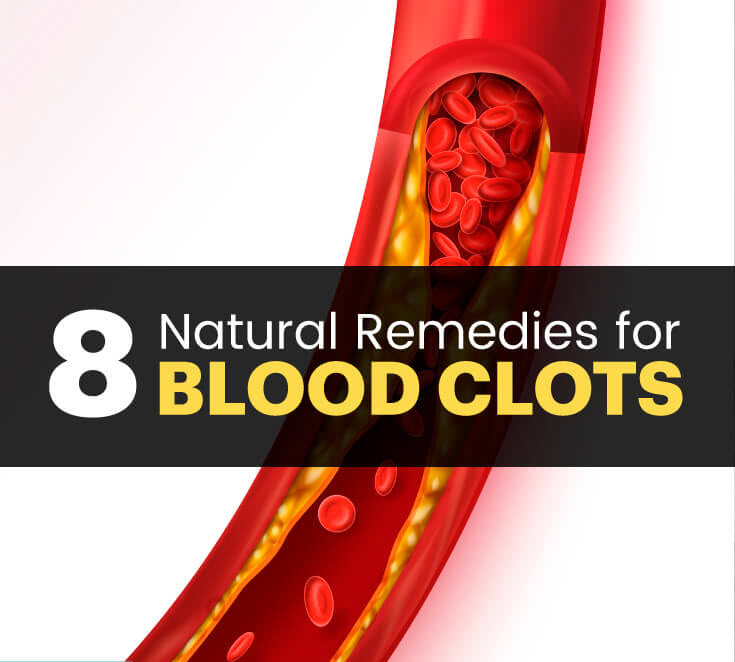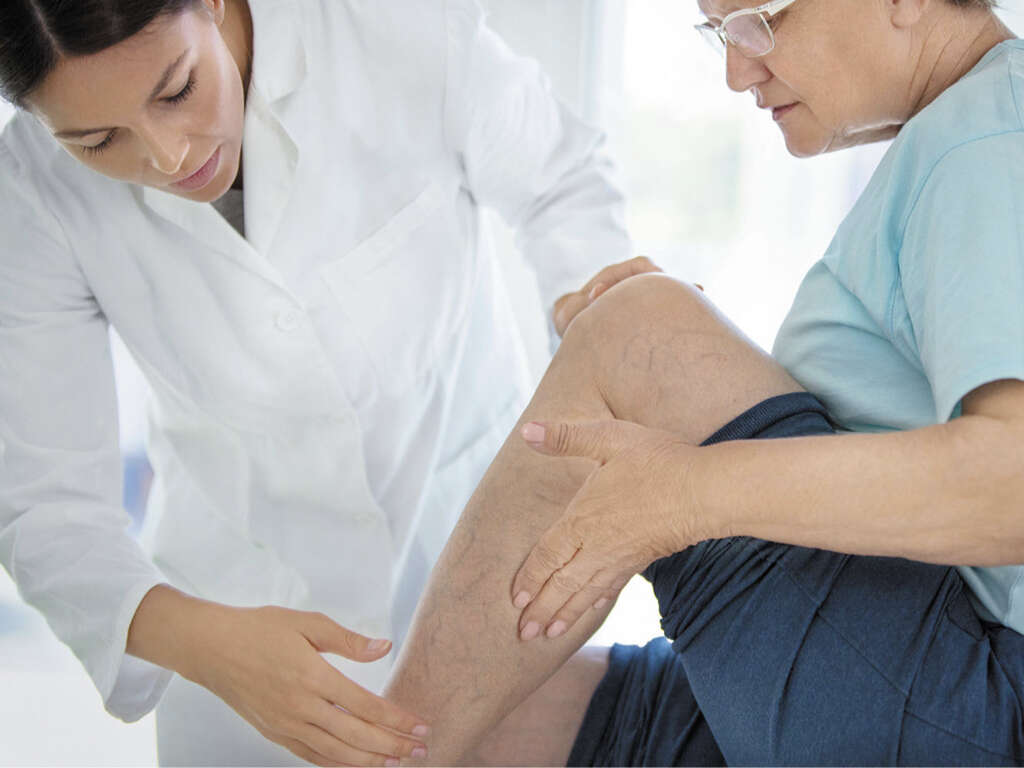What Causes Blood Clots After Hip Surgery
Blood clotting is a natural and essential process in the body that helps to prevent excessive bleeding when we get injured. However, when blood clots form unnecessarily, it can lead to serious health problems such as stroke, heart attack, or lung embolism. In this article, we will explore the causes, symptoms, and natural remedies for blood clots.
What Causes Blood Clots?
One of the main causes of blood clots is a condition known as hypercoagulability. This condition is characterized by an excessive tendency for blood clotting and can be caused by a number of factors such as:
- Genetic factors
- Inactivity or prolonged immobility, such as during a long-haul flight or bed rest after surgery
- Smoking and exposure to second-hand smoke
- Obesity or being overweight
- Pregnancy or taking birth control pills
- Cancer or chemotherapy treatment
- Autoimmune disorders such as lupus and rheumatoid arthritis
Other factors that may increase the risk of blood clots include:
- Aging
- Dehydration
- High blood pressure
- High cholesterol
- Diabetes
- Cardiovascular disease
- Atrial fibrillation (an irregular heartbeat)
- Inflammatory bowel disease
Blood Clot Symptoms
Blood clots can occur in different parts of the body, and the symptoms may vary depending on their location. Some of the common symptoms of blood clots include:
- Swelling, redness, or warmth in the affected area
- Pain or tenderness in the affected area
- Shortness of breath
- Chest pain or discomfort
- Dizziness or fainting
- Headache or blurred vision
- Numbness or weakness in the face, arms, or legs, especially on one side of the body
- Sudden confusion, trouble speaking, or difficulty understanding speech
8 Natural Remedies for Blood Clots
There are several natural remedies that can help to lower the risk of blood clots or alleviate their symptoms. Here are eight effective remedies:
1. Exercise Regularly
Regular exercise can help to improve blood circulation and reduce the risk of blood clots. You should aim for at least 30 minutes of moderate exercise every day, such as brisk walking, cycling, or swimming. If you have a sedentary job, make sure to take breaks and move around at regular intervals.

2. Drink Plenty of Water
Dehydration can thicken the blood and make it more prone to clotting. You should drink at least 8-10 glasses of water every day to keep your body well-hydrated. Avoid sugary drinks and excessive amounts of caffeine, which can dehydrate you.
3. Eat a Healthy Diet
A healthy diet can help to maintain healthy blood vessels and reduce the risk of blood clots. You should aim for a balanced diet that includes plenty of fruits, vegetables, whole grains, and lean proteins. Avoid foods that are high in saturated and trans fats, such as fried foods and processed snacks.
4. Take Natural Supplements
There are several natural supplements that can help to prevent blood clots or improve blood circulation. These include:
- Garlic - contains a compound called allicin that can help to lower blood pressure and prevent blood from clotting too easily
- Ginger - contains compounds that can help to improve blood circulation and prevent blood clots
- Turmeric - contains a compound called curcumin that has anti-inflammatory and anticoagulant properties
- Vitamin E - can help to inhibit platelet aggregation and prevent blood clots
5. Quit Smoking
Smoking can damage the blood vessels and increase the risk of blood clots. If you smoke, it is important to quit as soon as possible. You can talk to your doctor for advice and support on smoking cessation.
6. Manage Stress
Stress can raise your blood pressure and increase the risk of blood clots. You can try relaxation techniques such as deep breathing, meditation, or yoga to help reduce stress levels. You may also consider counseling or therapy if you have ongoing stress or anxiety.
7. Wear Compression Stockings
Compression stockings can help to improve blood circulation and prevent blood clots in the legs. They work by applying pressure to the legs and helping the blood to flow back to the heart. You should wear them as directed by your doctor or healthcare provider.

8. Take Blood Thinners
In some cases, your doctor may prescribe blood thinners such as aspirin or warfarin to help prevent blood clots. These medications work by interfering with the blood clotting process and reducing the risk of clot formation. However, they should be taken under medical supervision and according to the recommended dosage.
Conclusion
Blood clots are a serious health issue that can cause significant harm if left untreated. However, there are several natural remedies that can help to prevent blood clots or alleviate their symptoms. By adopting a healthy lifestyle, managing risk factors, and seeking medical advice as necessary, you can reduce your risk of blood clots and maintain optimal health.